News and features
Read the latest news and features about our world-leading research, discoveries, fundraising and philanthropy. If you want to keep updated on our news, you can follow us on social media or sign up for our Search newsletter.
If you’re a journalist and want to find out more, you can contact our media relations team.
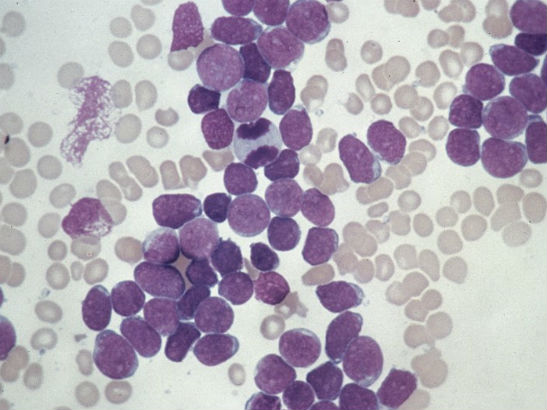
Identical twins reveal new clues to origins of childhood leukaemia
A new study of identical twins with leukaemia has traced its earliest genetic changes all the way back to immature cells from the immune system, which develop before children are even born.
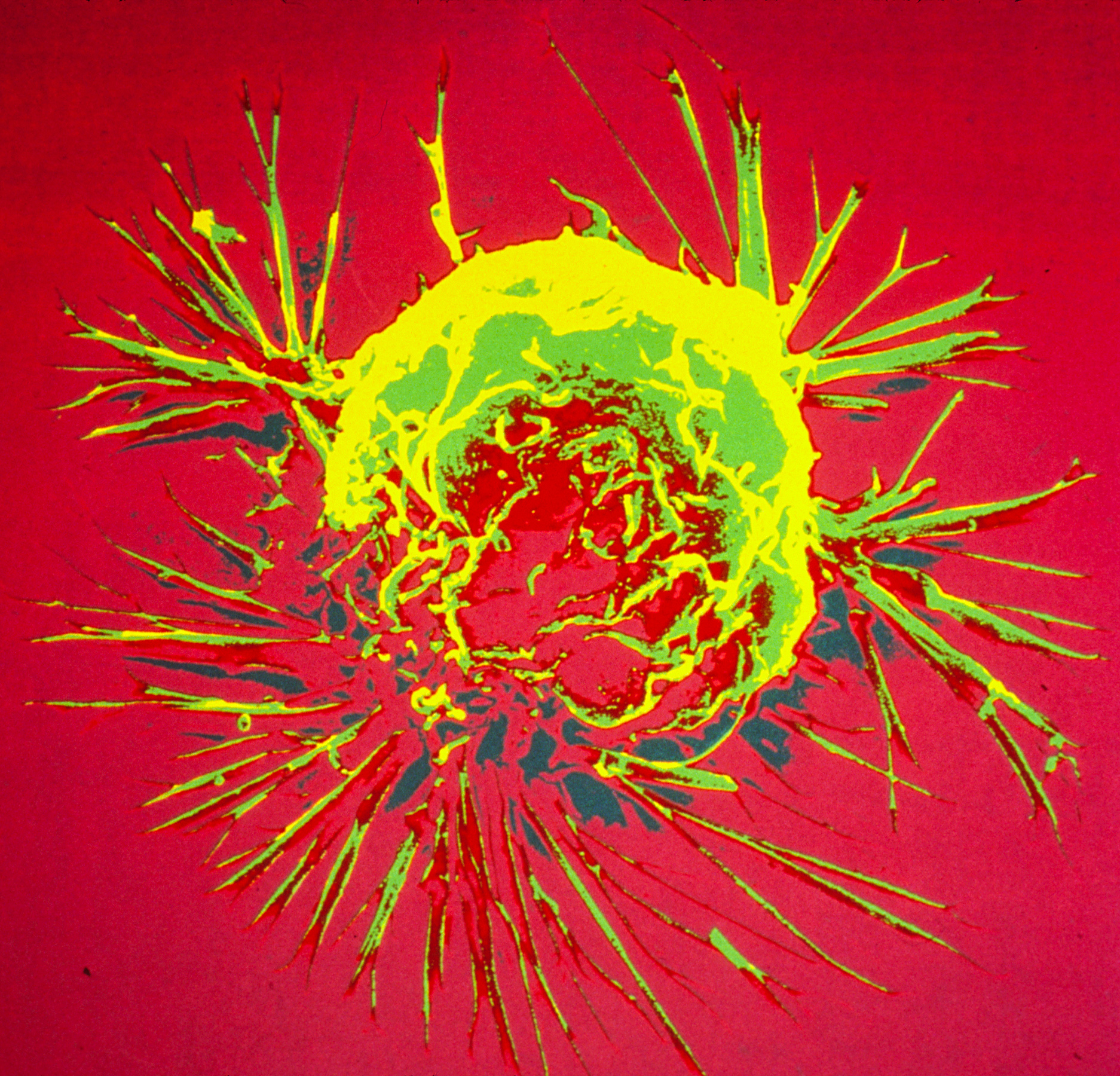
Research identifies new system for predicting treatment outcome in breast cancer
Combining two measures of breast cancer’s response to treatment provides a better prediction of long-term outcome following chemotherapy than existing assessments, a new study reports.
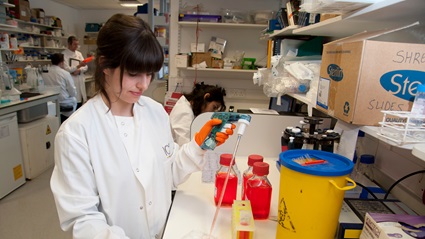
ICR now top in clinical medicine too in new REF ranking
A new league table ranking universities by both the excellence and ‘intensity’ of their research has again placed The Institute of Cancer Research, London, top in the UK.
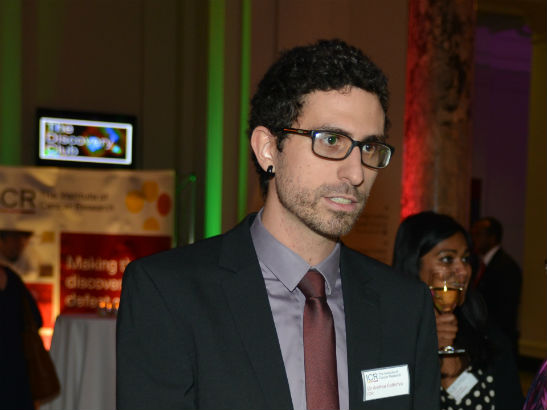
ICR donor supports pioneering research into cancer evolution
A generous gift has provided the driving force behind new research at the ICR to explore how cancer occurs and why.
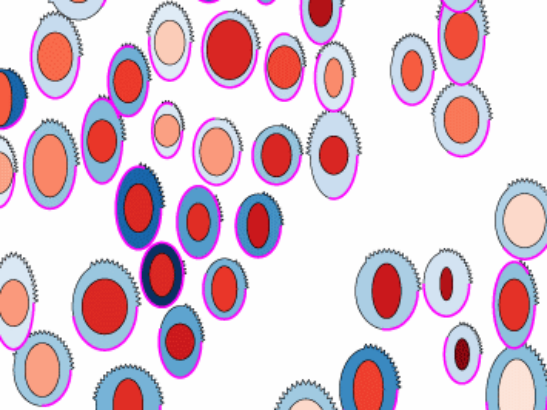
Scientists develop new software using avatars to picture the complexity of cancer cells
New software to visualise data generated by imaging of cells could help scientists understand more about cancer.
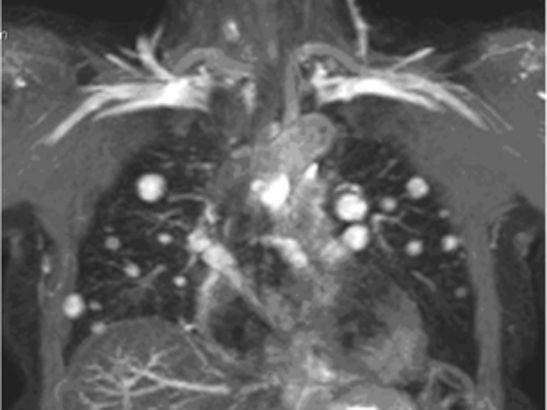
Scientists discover how tumours take over healthy blood vessels
ICR researchers have discovered how secondary cancers in the lung, called lung metastases, can take over healthy blood vessels in order to fuel their growth.
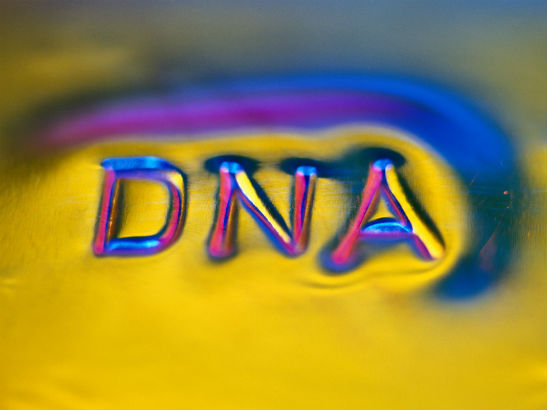
Study makes case for wider gene testing in bowel cancer
Gene testing could identify the causes of cancer for up to a quarter of patients with bowel cancer who have a family history of the disease, a new study reports.

Our most read news stories of 2014
It’s been a very busy year here at the ICR. Here are the ten ICR news stories that have proved most popular with readers over the past 12 months.

Our most read blogs of 2014
Here we take a look back at the most read posts on the ICR’s blogs this year. From how personalised medicine could change the world to the babies who cure themselves of cancer – these are the stories that have most grabbed your attention in 2014.
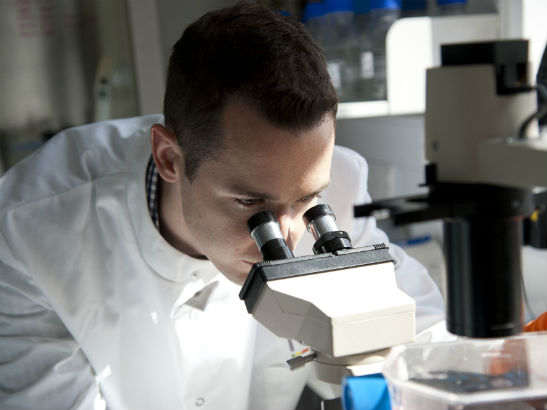
ICR donors give a record £12m for cancer research
This year's donations income smashes last year’s achievement by more than £3 million.
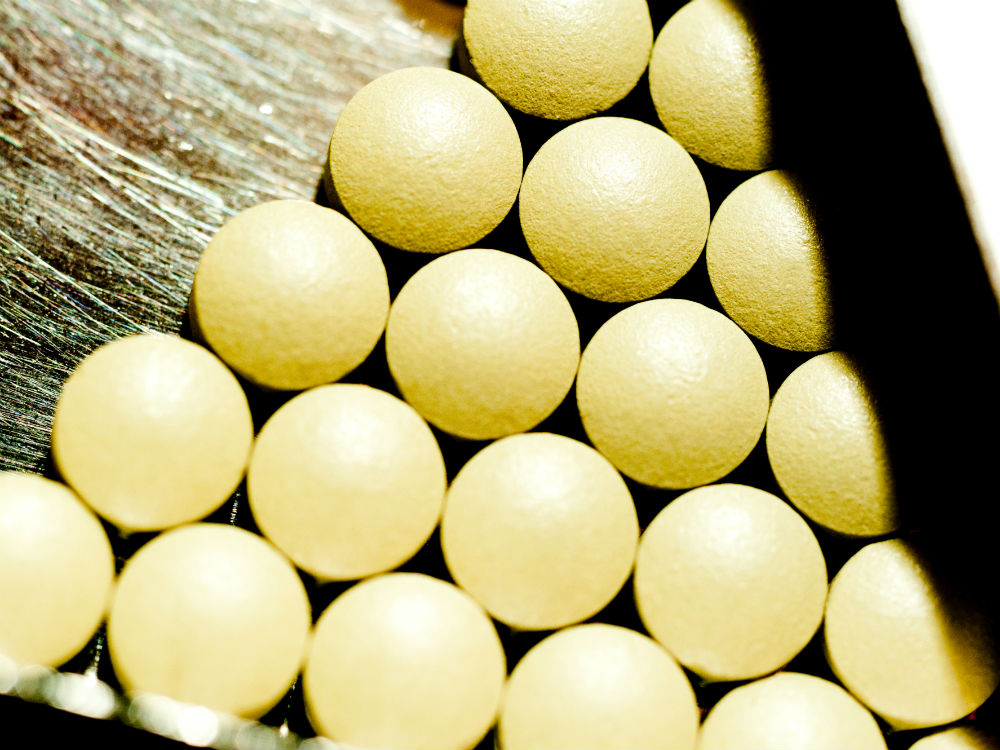
ICR welcomes olaparib approval by European Medicines Agency
The European Medicines Agency has approved olaparib for women with ovarian cancer who have a BRCA1 or BRCA2 mutation.

Scientists map out how childhood brain tumours relapse
Researchers have discovered the unique genetic paths that the childhood brain tumour medulloblastoma follows when the disease comes back.
